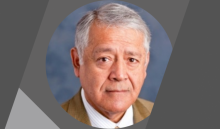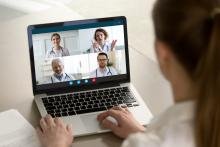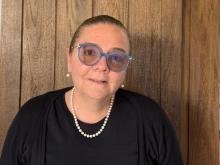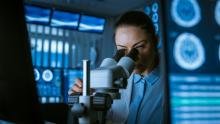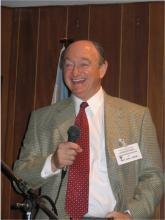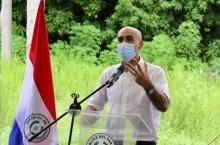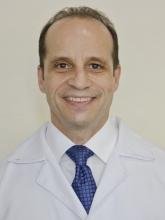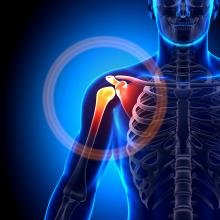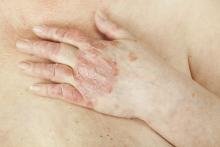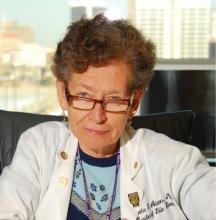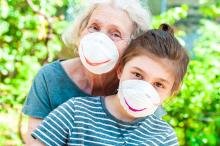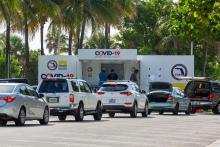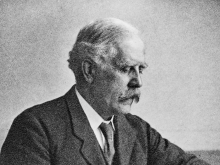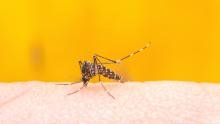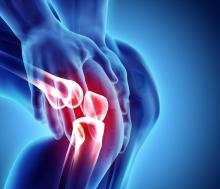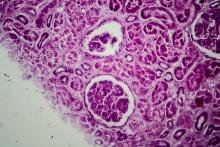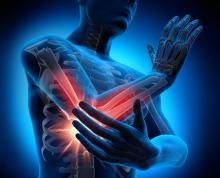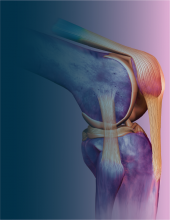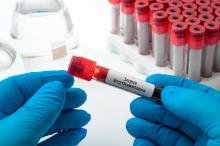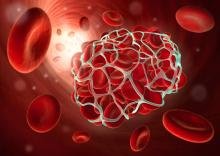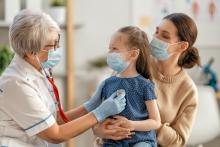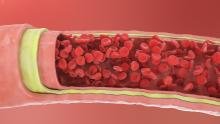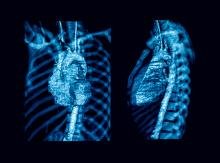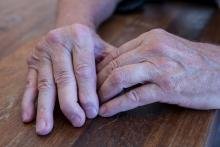All agree that the PANLAR 2021 program is varied, interesting and, as an advantage of virtuality, with access to all conferences and participations. An aspect that was not possible when it was face-to-face.
The program presents two pre-congress courses of different types and with several sessions and guests for continuing education. One of them is on pediatrics and the other on innovation, covering a little of the transformation to virtuality that we had to have in the context of the covid-19 pandemic.
The pediatrics group, on the other hand, will have an activity with a different approach, inviting chief residents to present a clinical case to be discussed, as well as an update on the treatment of vasculitis.
Artificial intelligence will also be present at Innovation and will inform us about what will follow in telemedicine, tools, and other aspects.
Pediatrics:
The course is intended for pediatric rheumatologists, rheumatology residents, adult rheumatologists who see children, and also for students. It will have four modules.
For those rheumatologists who see children, it is an important topic, in terms of how to look at them, how to check them, how to measure the degree of activity, health, functional capacity or damage they have. For this Clinometric in Pediatric Rheumatology round table, experts were invited to analyze the physical examination and to analyze different instruments for various diseases.
Then there is a second block in which the countries that train residents in the Americas will participate. Then each resident will present a clinical case to be discussed with a senior in his or her service and Dr. Clara Malagon will debate with them. And to end this pediatric day there will be an update on vasculitis treatment.
Additionally, within the PANLAR 2021 program, there will be three more spaces for Pediatric Rheumatology: a round table with a focus on adolescents with rheumatic diseases, where topics such as the transition to adulthood, adherence, sexuality, and drugs will be discussed, all in relation to our diseases. A symposium on autoinflammatory diseases, and a breakfast with the professor where we will talk about how autoinflammatory diseases are managed in real life, not in our continent.
Innovation:
The course has three modules. The first, on telemedicine, is moderated by Dr. Carlo Vinicio Caballero. The objective of this module is to give a vision of where telemedicine can evolve after the covid-19 pandemic. To this end, Dr. César Graf will make a balance of the current state, while Dr. Homero Rivas will address the expectations and possibilities of telemedicine, where it will evolve. And finally, Dr. Juan José Scali will talk about how it can be included in medical education and professional training programs as a necessary tool.
Additionally, PANLAR will announce the launch of a telemedicine course and through this the evolution of telemedicine through the pandemic will be shown.
A second segment of this pre-congress course will deal with Artificial Intelligence, understanding the evolution and areas that will be influenced by AI. This will be moderated by Dr. Leandro Ferreyra and Dr. Enrique Soriano, and medical imaging and clinical practices will be discussed with Dr. Daniel Luna, Dr. Alejandro Gaeira, and engineer Candelaria Mosquera.
The third module will deal with telerehabilitation and digital health, with the experience in Chile, also addressing human factors and the use of virtual media for these processes. It will be moderated by Dr. Miguel Albanese, and Dr. Valeria Elizama will participate.
ACR:
In addition, a review course will be presented by the ACR. This will be moderated by Dr. Ellen Gravallese and will have two presentations.
The first presentation will be by Dr. David Karp on preclinical autoimmunity, including the transition to lupus, and the second by Tuhina Neogi, with an update on the management of gout.






















